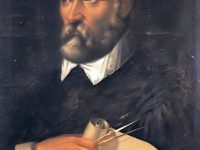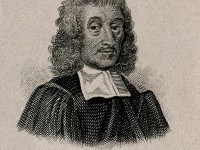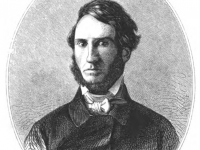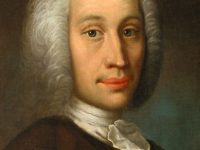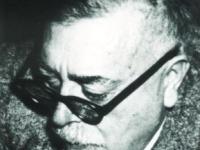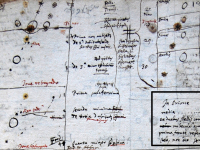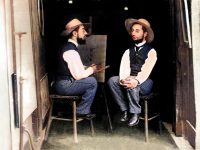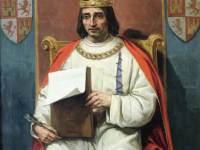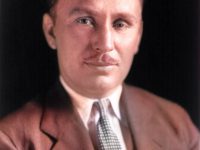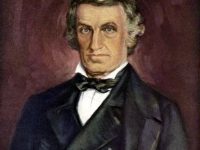Andrea Palladio and the Rules of Harmony
On November 30, 1508, Italian Renaissance architect Andrea Palladio was born. Influenced by Roman and Greek architecture, primarily Vitruvius, Palladio is widely considered to be one of the most influential individuals in the history of architecture. “Beauty will result from the form and correspondence of the whole, with respect to the several parts, of the parts with regard to each other, and of these again to the whole; that the structure may appear…
Read more

